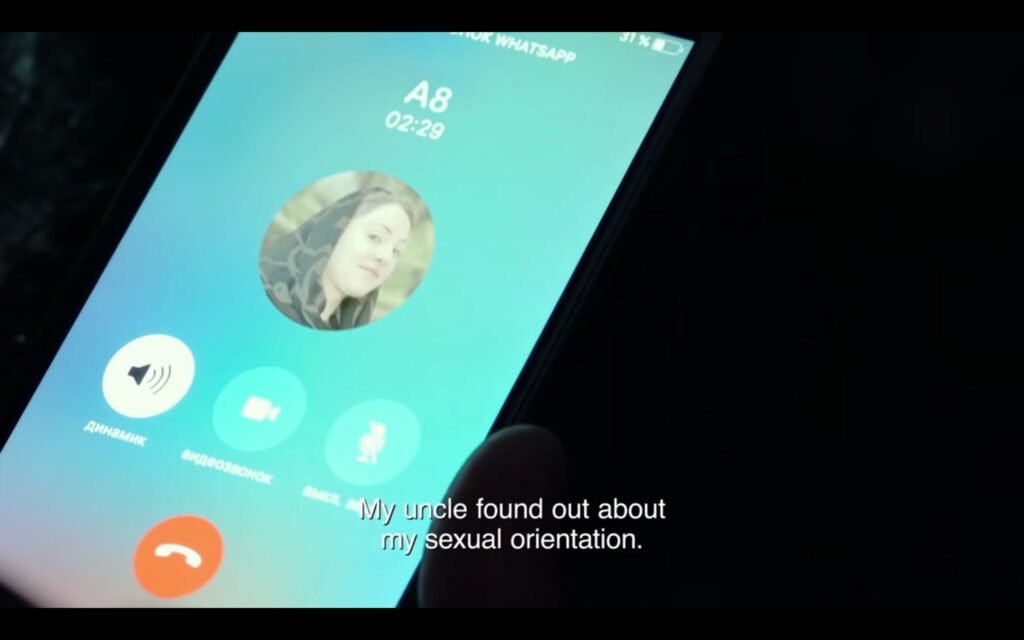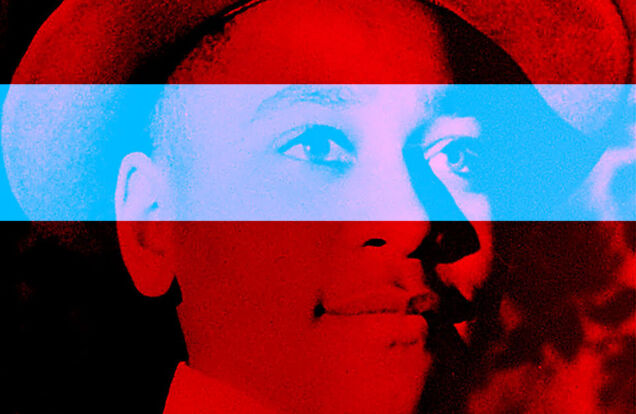WELCOME TO CHECHNYA
Goodbye to LGBTQ Rights
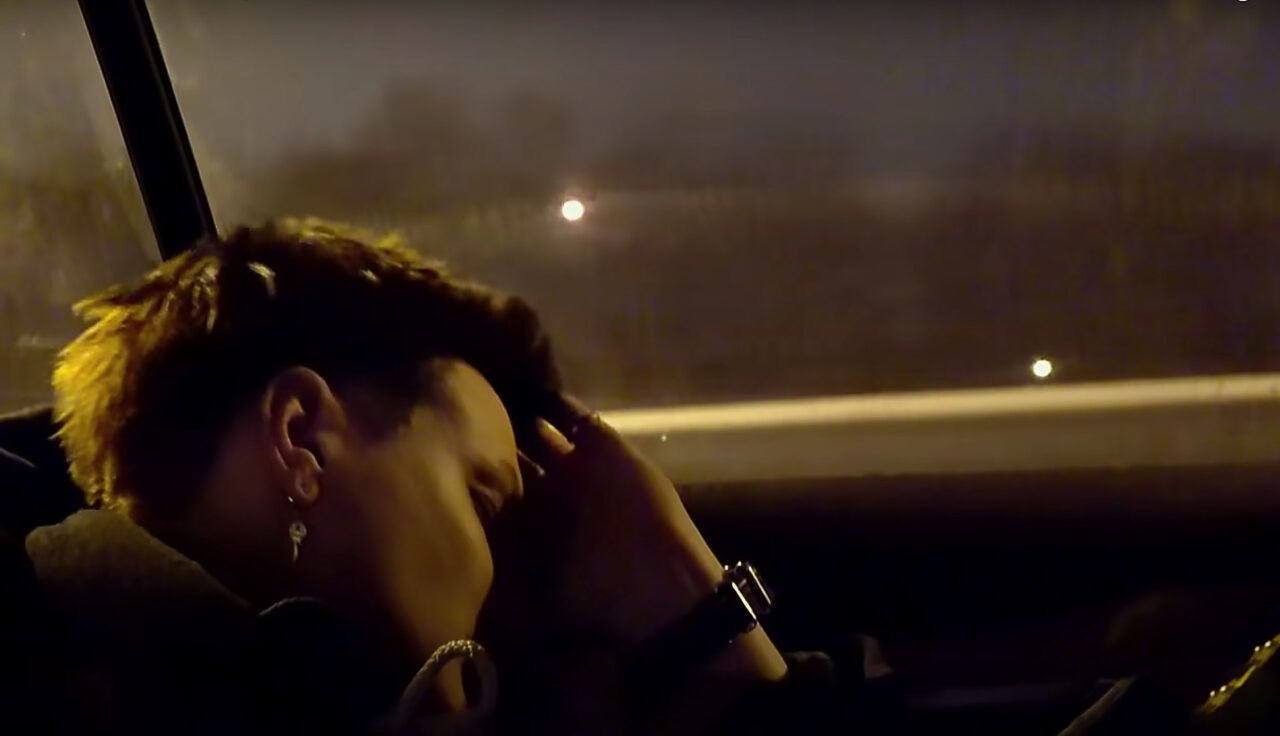
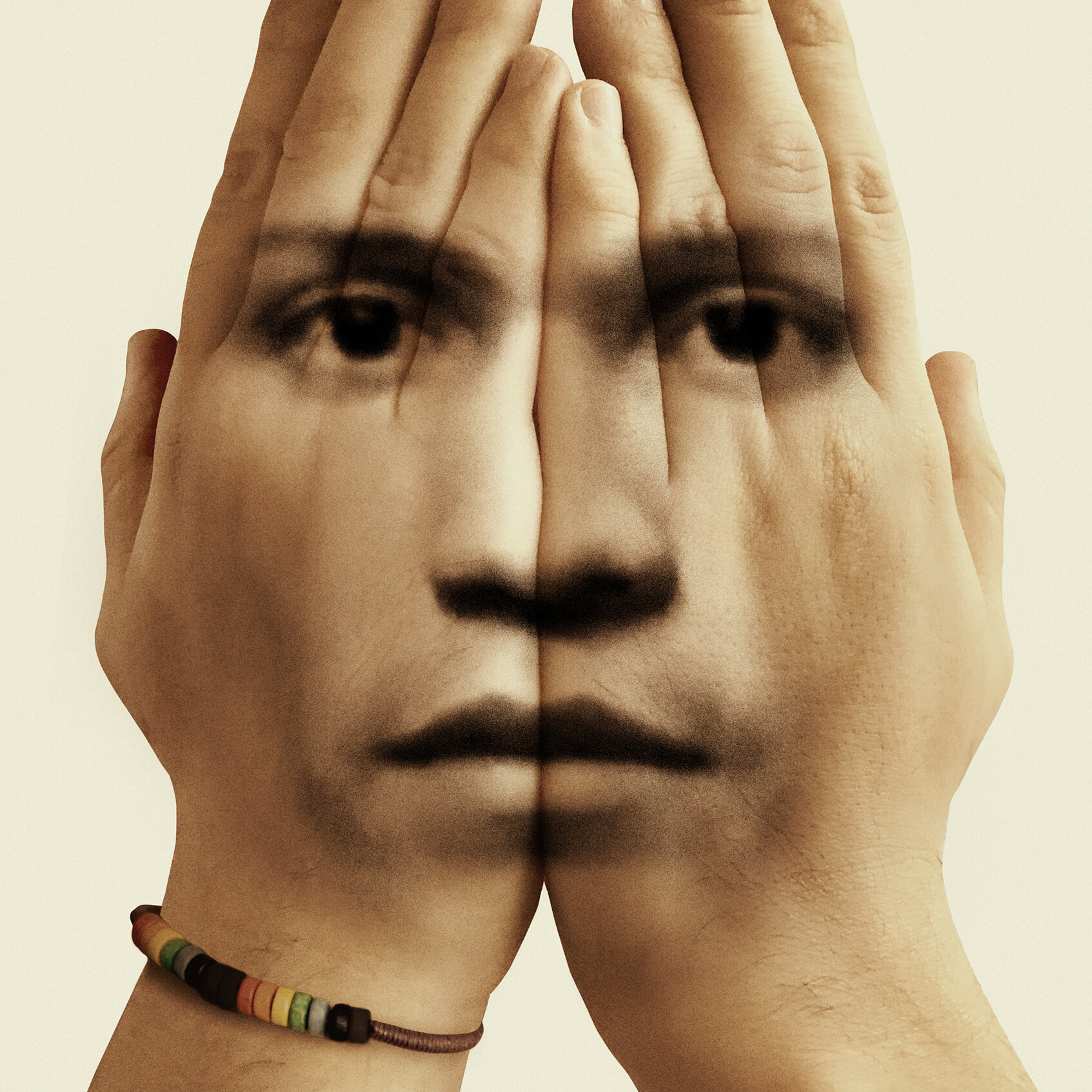
There are hundreds of thousands of unsuspecting women who are completely dumbfounded when they discover that their husbands are gay. Perhaps they come across an inexplicable credit card receipt from a hotel room in the city in which they live, or find a book of matches from a well-known gay bar while checking their husbands’ pockets before taking his sportscoats to the cleaner. Maybe they find a voicemail on his phone or a photo of him with another man buried deep in his sock drawer. Scenarios like these are reminiscent of scenes from Hollywood movies from directors like Todd Haynes.
Now imagine finding out your husband is gay when his family shows up at your door to kill him. While this, too, reads like a scene out of a movie, unfortunately it’s not. It’s an all too real occurrence in the stormy and unsettled Russian Republic of Chechnya. As reported in The New Yorker in 2017 by Russian-American journalist Masha Gessen, gay Chechen men and women are routinely rounded up, taken to detention centers and held against their will for weeks at a time. During their incarceration, they are beaten and tortured by captors in the hopes that they will break and give up the names of other homosexuals and lesbians who, in turn, will be hauled in and questioned. It’s a recurring series of nightmarish events that began with the arrest of one drug dealer whose phone contained suggestive photographs and gay social media posts. Detainees are typically held for a couple of weeks before being released, bruised and battered, often to their families who are expected to kill them.
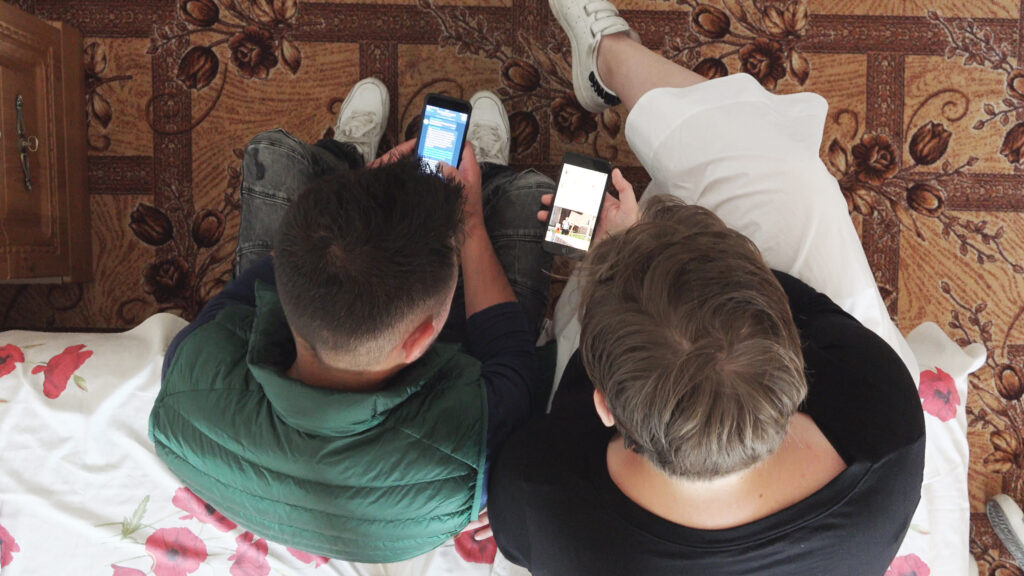
Chechnya is one of eighty-five regions that make up the Russian Federation that was formed two years after President Ronald Reagan urged Mikhail Gorbachev to “Tear down this wall.” During the subsequent quarter century, the country has experienced two secession movements. The first, in the early 1990s was supported by a majority of Chechens. The Kremlin responded the way they typically do when dissident federation members flex their muscles– they waged war. A second wave of resistance occurred in 1999 after which, a pro-Russian government was established. Headed by Ramzan Kadyrov whose father, Akhmad, was a separatist Islamic leader before switching sides during Moscow’s second military campaign, the country has been described by Gessen as “A mafia state that uses religious rhetoric to enforce control over its citizens,” and by Ekaterina Sokirianskala in The New York Times as “A mix of traditionalism, Sufi Islam and Putinism.” Together they are a deadly combination.
Under the bearded autocrat’s repressive regime, alcohol has been banned, and moral lifestyles and dress codes have been strictly enforced. He has sworn to “Cleanse the blood” of LGBTQ Chechens. As reported in The New York Times, “Collective punishment is the hallmark of Mr. Kadyrov’s repression. Relatives of those who displease the authorities are threatened, beaten, held hostage, expelled from the republic or have their homes burned down.” These sinister tactics were first used against rebels, critics and religious dissenters. It wasn’t long before they were employed on the families of men who are suspected of being gay.
The Times believes that “By promoting nationalism and traditionalism, Kadyrov tries to prove to Chechens that their republic now has more autonomy than separatist leaders ever dreamed of,” thereby justifying his approach. It must be noted that prior to his regime, Chechnya did not have a record of anti-LGBTQ violence.
When Oscar-nominated filmmaker and investigative journalist David France read the harrowing accounts about the regime’s campaign of torture and murder against the LGBTQ community he knew that he had found the subject for the third installment in his trilogy about outside activism. Like Welcome to Chechnya, his first two documentaries, How To Survive A Plague and The Death and Life of Marsha P. Johnson also dealt with important issues affecting the LGBTQ community – AIDS and transgender rights.
Welcome to Chechnya, which debuts on HBO on June 30th, features the stories of a handful of brave gay men and women who made the difficult decision to leave their homes, families and countries in order to live a life free from homophobia’s tyrannical hand. Director France’s guerrilla filmmaking highlights the day-to-day challenges of a vast, secretive pipeline of activists who, in a modern-day version of the underground railroad, face unimaginable risks to rescue members of Chechnya’s LGBTQ community.
While the activists’ work is noble, it is the people whose stories lie at the heart of the documentary that breathe life into the film. It’s almost unimaginable that a young lesbian’s uncle would threaten to tell her father about her homosexuality if she doesn’t agree to have sex with him, or that a group of friends cannot call an ambulance when one of them attempts to commit suicide for fear of exposing their shelter. Viewers will be on the edge of their seats as one young survivor of Chechen abduction and torture is reunited with the boyfriend that he has not seen in more than a year. Their tender airport reunion is both touching and terrifying. As they embrace, I found myself praying that they wouldn’t be stopped and dragged off to jail.
The film, which will also stream on HBO GO, HBO NOW, and on HBO via HBO Max and other partner platforms, is an important piece of filmmaking about a sorrowful moment in human history, made even sadder by an end crawl indicating that in the first two years of the purge, The Russian LGBT Network settled 151 people abroad. Canada took 44 with the help of Toronto’s Rainbow Railroad. Disappointingly, the Trump administration has not allowed one Chechen LGBTQ refugee into the country that was founded and fought for by people escaping persecution.

